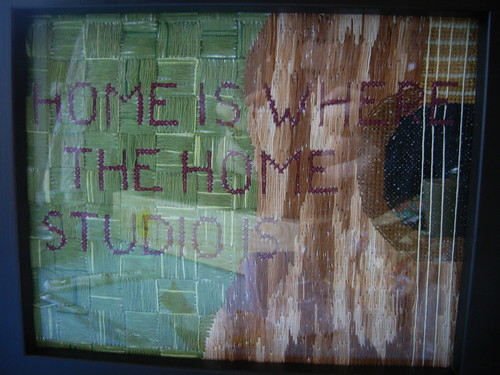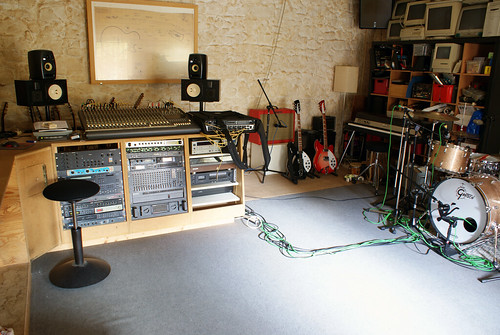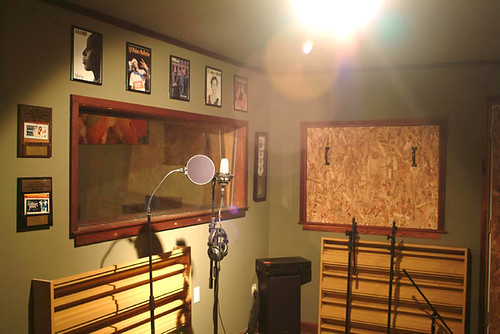As a piano student you will typically be introduced to the music of Mozart, Beethoven and Bach. However, there happens to be many more modern day classical pianists who displayed just as much talent and musical ability as these geniuses. Classical piano playing has given way to the modern tones of jazz and even eventually the electronic keyboard, although there were a number of greats who featured throughout the 20th century and maintained the melodies of years gone by.
Glen Gould
Glen Gould hailed from Canada and spent much of his time in the recording studio, as opposed to on stage. He was well-known for his eccentric behavior and favored the music of Bach. He could most commonly be heard playing his own versions of classical works and toured extensively up until the age of 32. He took to the studio rather than concerts from 1964, but unfortunately a stroke some 18 years later ended the life of possibly one of the greatest modern pianists at the mere age of 50. However, his legend lives on as many of his recordings have been re-released and are heard to this very day.
Arthur Rubenstein
Born in Poland in 1887, Rubinstein’s early life was more of a worry than anything else to his parents. He didn’t speak until the age of three and displayed some very unusual behavior as a youngster. In fact, he was prone to tantrums and outbursts from an early age. However, he first performed in New York at the age of 19 and his talent was obvious for the world to see. He continued touring up until the age of 89 in 1976, but his failing eyesight and hearing eventually put paid to his musical career. He passed away a few years later in 1982, but Rubenstein is still well remembered among the musicians of today.
Sergei Rachmaninoff
Rachmaninoff was not only a classical pianist, but also a conductor and composer. He was known for his huge hand span and even more imposing frame. Technically he was a superb pianist and this probably had much to do with his 12 inch hand span, which allowed him to easily reach across the keys. He also stood at an extremely intimidating height of 6 foot and 6 inches. Rachmaninoff wasn’t much of an academic, but showed an extraordinary talent for the piano, which was no doubt further inspired when he met with Peter Tchaikovsky. He moved from Russia to the United States in 1918 and performed regularly in concerts for the next 25 years until he sadly passed away from cancer.
Myra Hess
It’s great to see a female pianist in what was often considered a male-dominated instrument. Hess hailed from the UK and started playing the piano aged just 5. Even then she displayed extreme talent and even toured throughout Europe from the age of seventeen. She also later toured America and her talent was plain for everyone to see. Hess played in a number of free concerts in London for the public during the Second World War and these were received with much appreciation and warmth. In fact, this will probably explain why there is still so much interest in Hess’s career.
Featured images:
- License: Creative Commons image source
- License: Creative Commons image source
- License: Creative Commons image source
- License: Creative Commons image source
- License: Creative Commons image source
James Holden works for Affordable Piano Movers & Storage, which is a company offering piano and moving services at the best prices.He is an enthusiastic and happy go lucky person and also a huge movie bluff. Visit www.affordablepianomovers.com for more information.

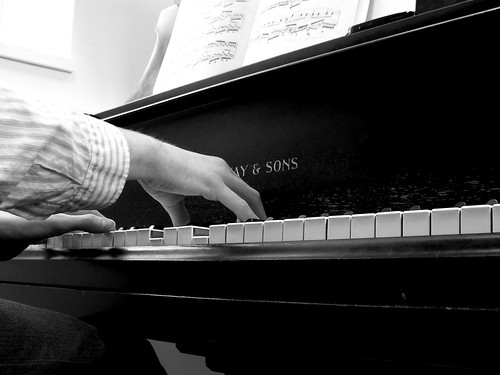

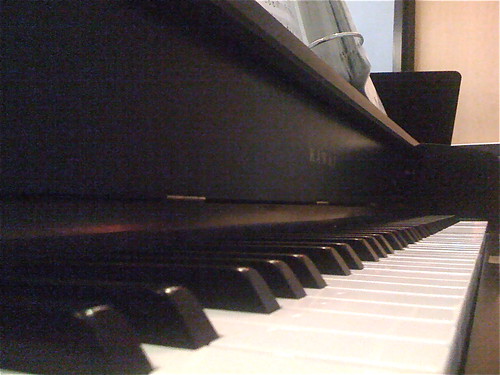
 Most people view music as serving only the purpose of enjoyment. However, studies have shown that music has a number of other benefits, for people of all ages. The
Most people view music as serving only the purpose of enjoyment. However, studies have shown that music has a number of other benefits, for people of all ages. The 